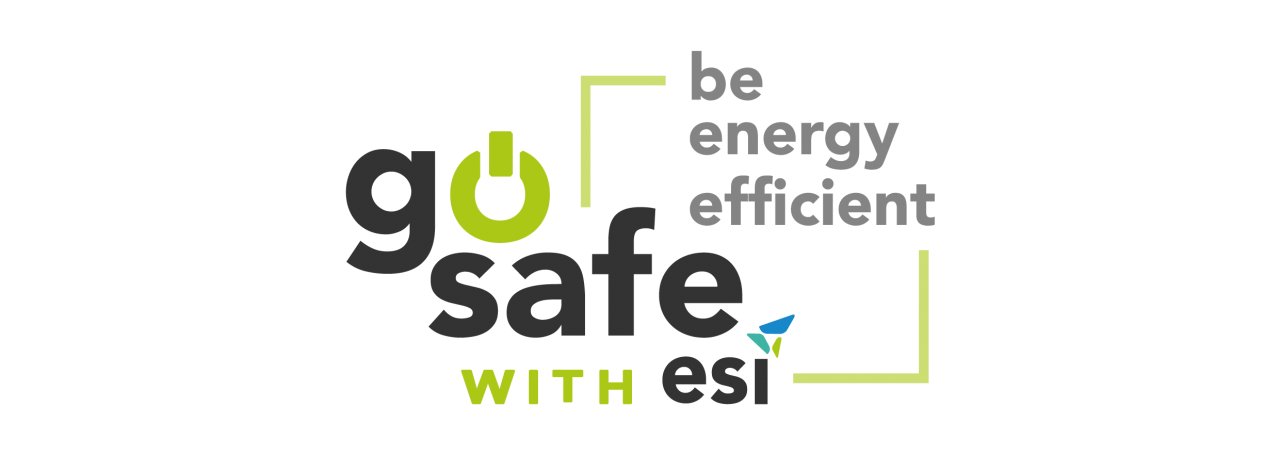The European Green Deal aims at delivering the EU vision of a climate-neutral continent by 2050 and sets clear targets for emission reductions, renewable energy production and energy efficiency. This will not only require the mobilisation of financial resources from public actors but, more importantly, from the private sector.
In Europe, small and medium-sized enterprises (SMEs) constitute over 99 percent of all enterprises and represent a substantial market opportunity for energy efficiency improvements. However, this opportunity remains largely untwp-contented due to barriers such as high upfront costs, lack of access to finance, high perceived risk, lack of trust in new technologies, competing investment priorities, lack of knowledge and awareness, and split incentives.
Decision-makers in SMEs tend to evaluate investment opportunities based on the risk-return profile. Investments with low risk are generally expected to have a small but reliable return. On the other hand, investments with a high risk are expected to have a high return. The challenge for energy-efficient technologies is that SMEs tend to perceive these investments as relatively high risk, with the expected return being considered unreliable and not commensurate with the level of associated risk.
The innovative Energy Savings Insurance (ESI) model aims to scale up investments in energy efficiency by creating trust amongst actors, and facilitating the flow of financing for relevant technology solutions. The ESI model targets SMEs and creates the conditions for them to invest in energy-efficient technologies. The ESI model comprises financial and non-financial elements designed to work together to build trust and credibility among key actors and to reduce the risk for SMEs to invest in energy efficiency. The model consists of four main elements: a standardised contract, an energy savings insurance, a technical validation process and access to financing.
The ESI model has been successfully implemented in Colombia and Mexico and is currently being developed or planned in ten other countries in Latin America, and Asia. BASE is leading the implementation of the ESI Europe project with funding from the European Commission in Italy, Portugal and Spain. The ESI model was recognised by the Global Innovation Lab for Climate Finance as one of the most promising instruments to mobilise private sector investments in energy efficiency and has also been featured in the G20 Energy Efficiency Investment Toolkit and in the Swiss Sustainable Finance compendium of instruments for Financing the Low-Carbon Economy.
The ESI Europe 2.0 project has received funding from the European Union’s Horizon 2020 research and innovation programme to now expand the ESI Europe project to Croatia, Greece and Slovakia. The project involves the adaptation of ESI tools to the three countries, identification and engagement of key actors in those markets, marketing and promotion of the GoSafe with ESI brand, improving the ESI Europe toolkit and the creation of the ESI Europe Alliance.
The ESI Europe project allows for the reduction of energy consumption while improving performance and increasing the environmental sustainability of operations. By using the elements of the ESI model, the investment in new energy efficient equipment results in savings, which are ensured and insured. Through the implementation of the ESI Europe 2.0 project, we also aim at contributing to and synergising with the European Green Deal activities for a climate neutral continent by 2050.
The project has received funding from the European Union’s Horizon 2020 research and innovation programme under grant agreement No 101033691. The content within this text reflects only the author’s views, and not the views of the European Commission or the CINEA. The Commission and Agency are not responsible for any use that may be made of the information it contains.
